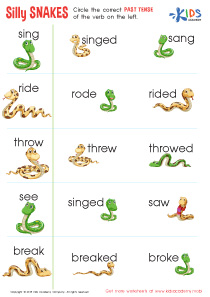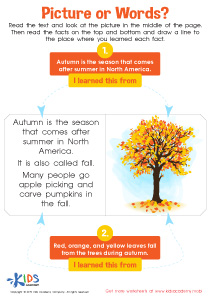Letter recognition Extra Challenge Grade 1 English for Beginners Worksheets
7 filtered results
-
From - To
Boost your child's letter recognition skills with our engaging "Letter Recognition Extra Challenge Grade 1 English for Beginners Worksheets." Designed specifically for young learners, these worksheets feature a variety of fun activities that reinforce letter identification, sounds, and vocabulary. Each activity promotes critical thinking and fine motor skills while providing a supportive learning experience. Perfect for ESL students or anyone looking to enhance their reading foundations, these worksheets make learning enjoyable and interactive. Help your child excel in their early literacy journey with these thoughtfully crafted challenges that spark curiosity and confidence in recognizing letters and their uses in everyday language.


Letter R Tracing Page


Letter X Tracing Page
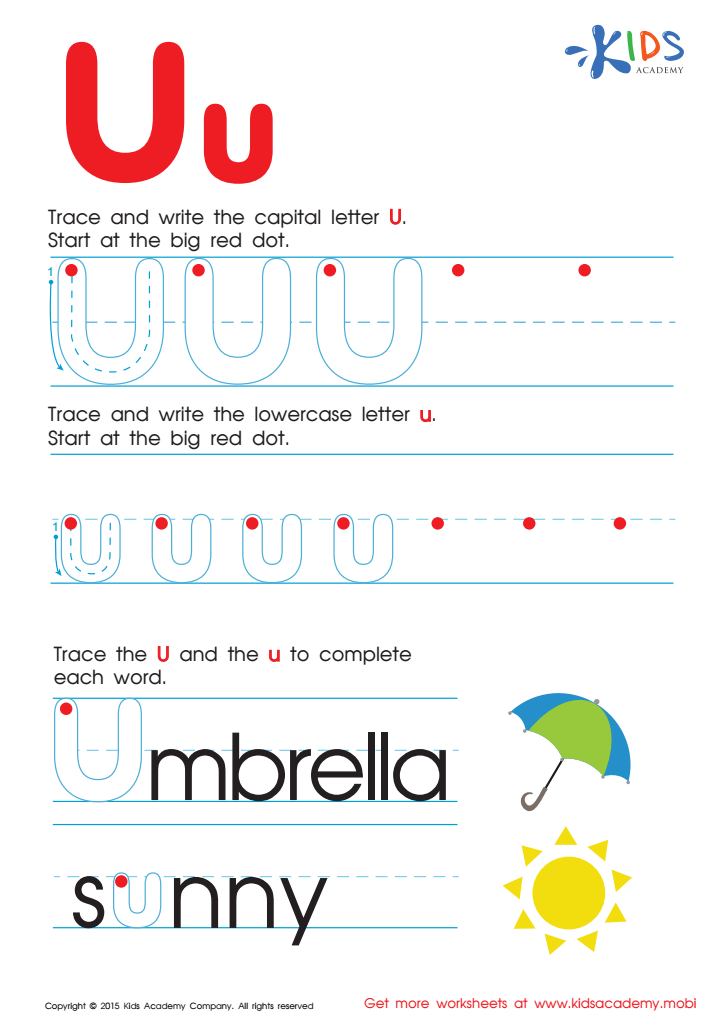

Letter U Tracing Page
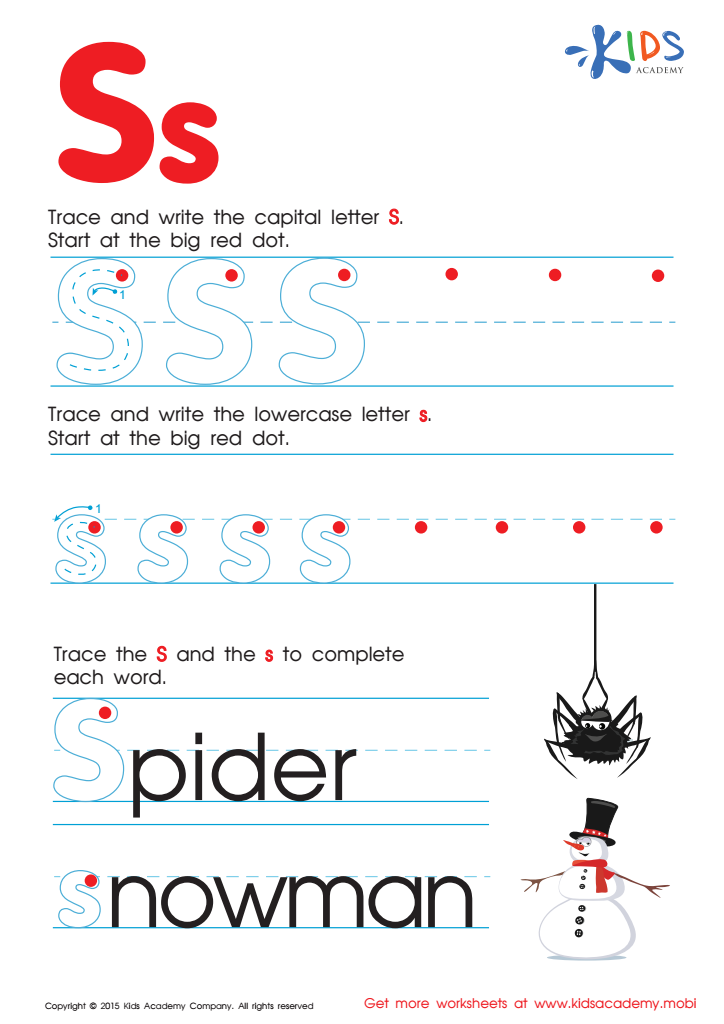

Letter S Tracing Page
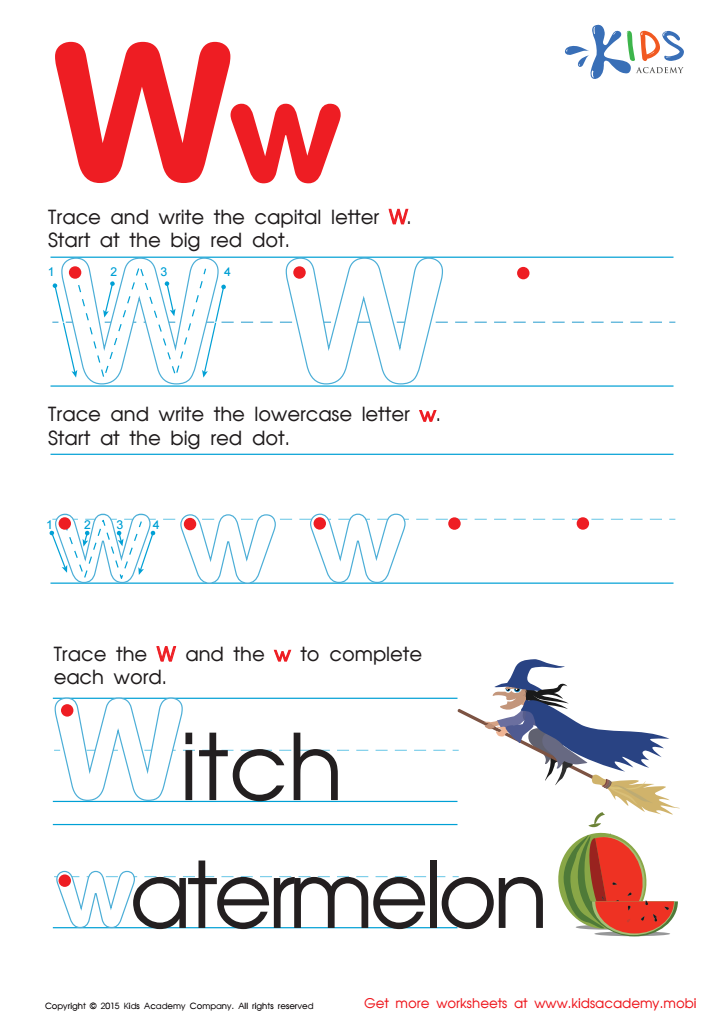

Letter W Tracing Page
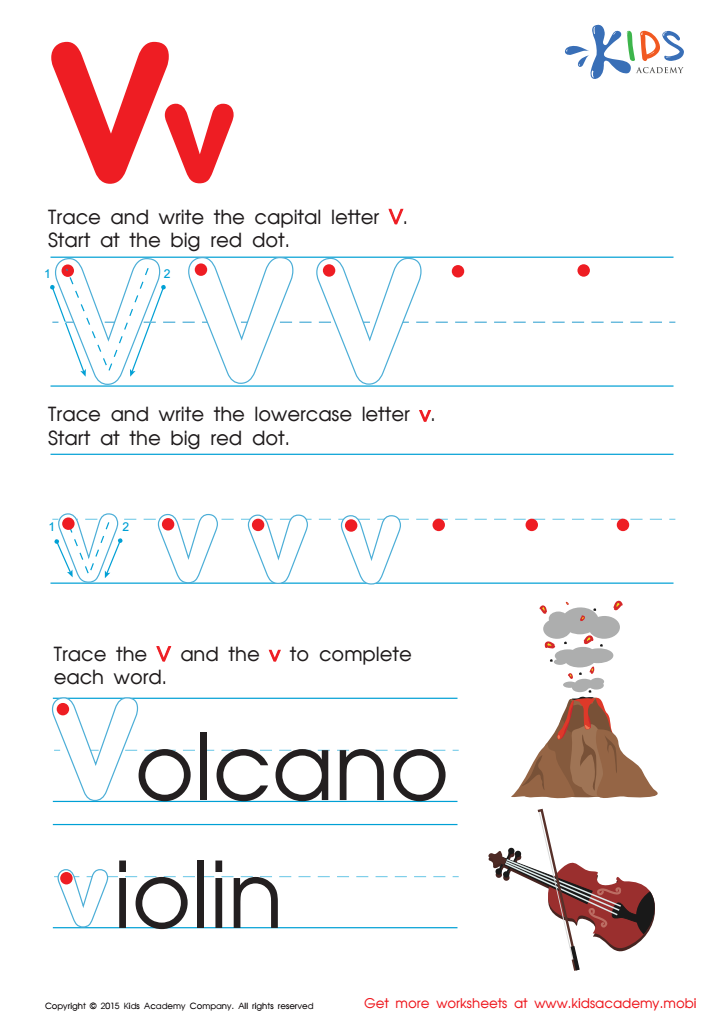

Letter V Tracing Page
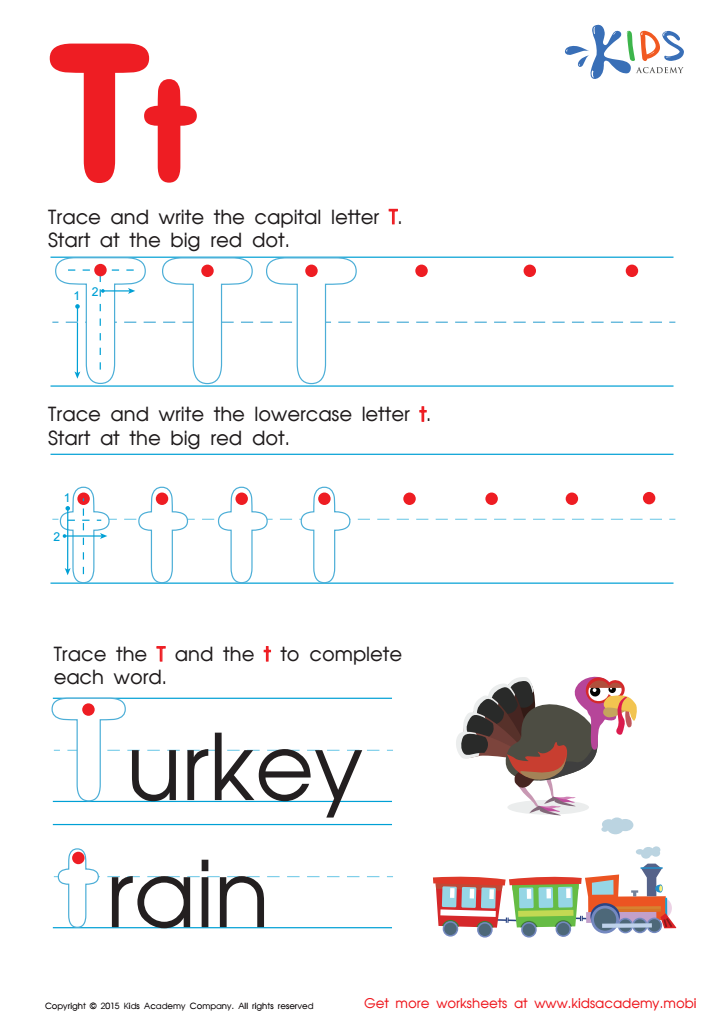

Letter T Tracing Page
Letter recognition is foundational for literacy and plays a crucial role in a child’s academic success. For Grade 1 English learners, this skill is particularly vital, as it serves as the first step towards reading and writing. When children can easily identify letters, they build confidence and are better equipped to tackle new words and concepts.
Teachers and parents should prioritize letter recognition for several reasons. Firstly, it enhances phonemic awareness—the understanding of sounds associated with letters, which is essential for developing reading skills. Secondly, it helps in building vocabulary; children who can recognize letters are more likely to attempt reading independently, leading to a richer vocabulary and comprehension.
Additionally, letter recognition activities can be fun and engaging, fostering a love for learning early in a child’s development. These activities also create meaningful bonding moments between parents and children when they engage in learning together.
Furthermore, strong early literacy skills lead to better long-term academic performance. By emphasizing letter recognition in Grade 1, parents and teachers provide a solid foundation for future educational attainment, preparing children for success in higher grades and lifelong learning. Ultimately, supporting this skill is investing in a child's future.
 Assign to My Students
Assign to My Students






